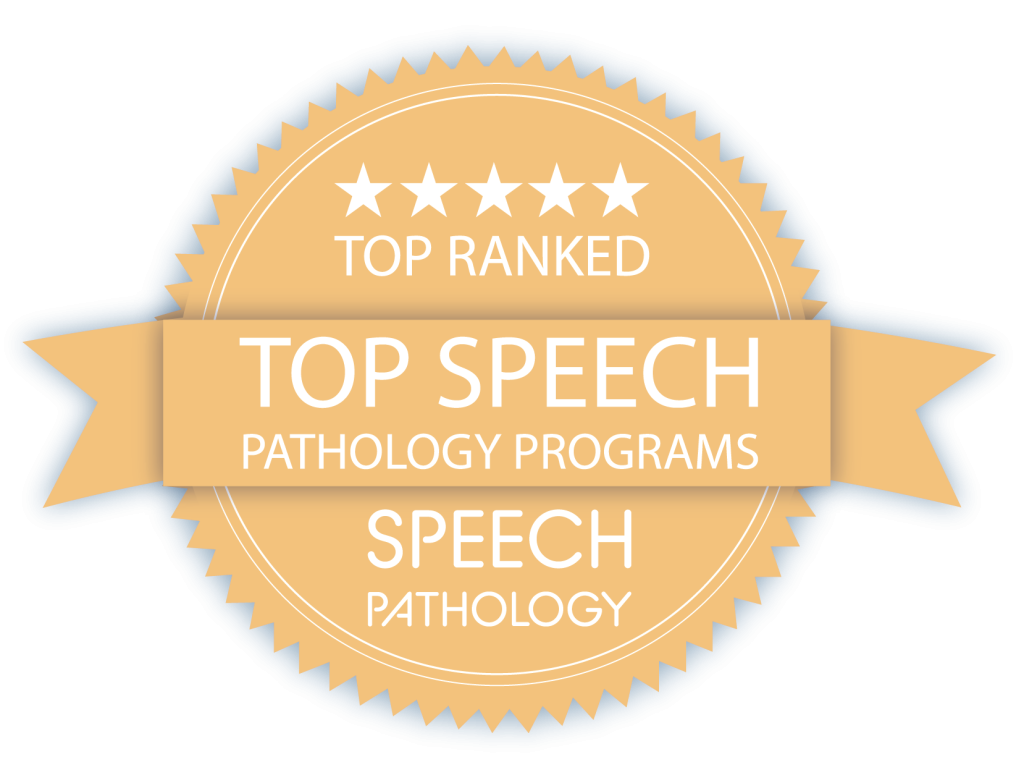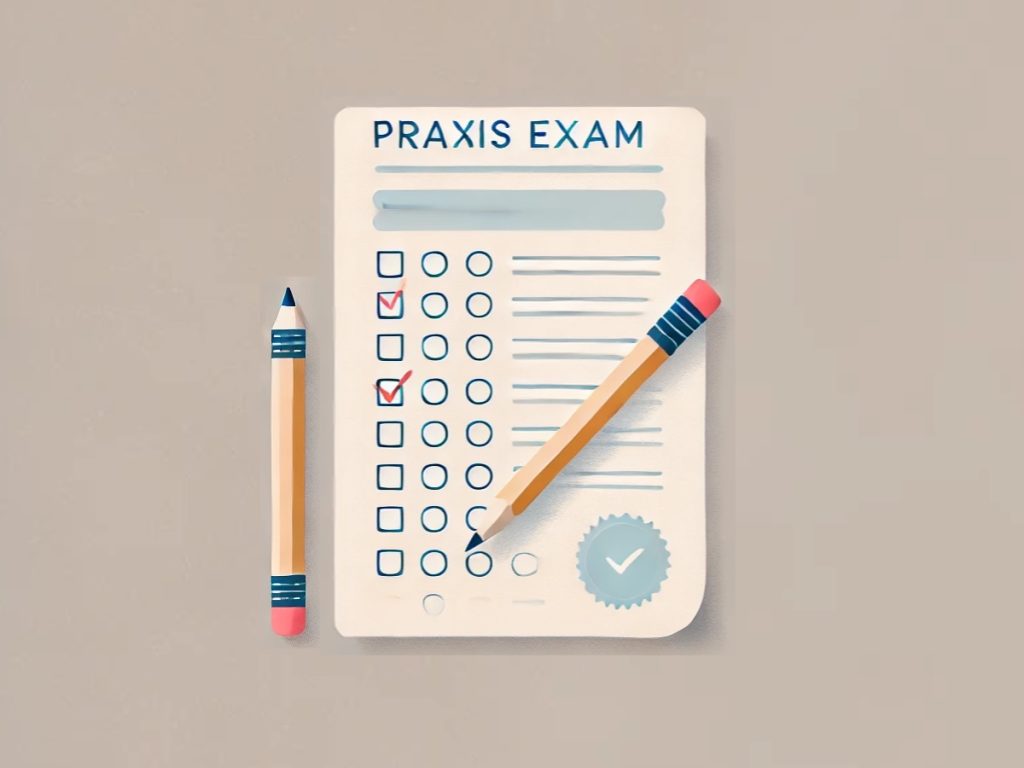Last Updated
April 14, 2025Written By
Benjamin Thompson, M.S., CCC‑SLPArizona is a great place to study Speech-Language Pathology (SLP) because it has many top-class universities, a rapidly developing market for healthcare and education, and many ways to get experience with people. Most of the speech pathology programs here provide training in a bilingual and multicultural environment which is very important in a state with such a large number of Spanish speaking population and Native American populations. All the universities in Arizona have good clinical training with strong ties to the top facilities of the state for those who want to work in schools, hospitals or private clinics. Arizona State University (ASU), University of Arizona (UA), and Northern Arizona University (NAU) provide great bachelors programs. NAU and ASU also have online programs available for you in case you need flexibility. ASU, UA, and NAU have CAA accredited programs for SLP master’s degrees that prepare students for licensure. NAU has a part time program for clinical professionals. ASU and UA are research heavy universities for Ph.D. in SLP. Arizona does not have an SLP-D program, but for clinical experts, online speech-language pathology solutions from other states are available. No matter if you are beginning with a bachelor’s level, obtaining a master’s for licensure as an SLP or seeking a doctorate, there are accredited programs in Arizona that meet your financial, time and learning needs.

Looking for the best speech pathology programs in Arizona? peechpathology.org ranks top speech pathology degrees to help you choose the best one for you. Our list highlights programs known for quality, research, and clinical training. We focus on what matters to students and professionals in Arizona. Learn how we rank schools at speechpathology.org/rankings-methology.

Flagstaff, AZ - Public 4-Year - nau.edu
Campus Based - Visit Website
Northern Arizona University's Master of Science in Clinical Speech-Language Pathology offers comprehensive training for aspiring professionals, featuring flexible in-person tracks suitable for career changers and those accelerating their education. With a 94% Praxis exam pass rate, the program emphasizes innovative, student-centered learning. Students gain clinical experience across diverse settings like schools, clinics, and hospitals, preparing them to effectively support communication in individuals of all ages. The program requires an entrance exam, such as the GRE, as part of admissions, ensuring rigorous academic standards.
Campus Based - Visit Website
The Full-Time Regular track in Northern Arizona University's Master of Science in Clinical Speech-Language Pathology equips students to become expert clinicians through hands-on experience in various environments, including schools and hospitals. Catering to diverse backgrounds like working professionals and recent graduates, it maintains a 94% Praxis exam pass rate, highlighting strong preparation. This program requires an entrance exam, such as the GRE, for admission, fostering advanced skills to aid patients across the lifespan in effective communication.
Campus Based - Visit Website
Northern Arizona University's Full-Time Leveler track for the Master of Science in Clinical Speech-Language Pathology provides flexible pathways for students, including accelerated options, to prepare for roles in healthcare and educational settings. With a 94% Praxis exam pass rate, the program delivers student-centered education, enabling graduates to offer expert care to all age groups in clinics, schools, and hospitals. An entrance exam, such as the GRE, is required for admission, ensuring candidates meet the program's high academic expectations.
Tempe, AZ - Public 4-Year - asu.edu
Campus Based - Visit Website
Arizona State University's CAA-accredited Master of Science in Communication Disorders with a Speech-Language Pathology concentration provides comprehensive training for professional certification. Students gain hands-on clinical experience at the ASU Speech and Hearing Clinic, developing skills for diverse healthcare and educational settings. This residential program requires an entrance exam for admission and supports state licensure, preparing graduates for advanced clinical practice. Information sessions are available for prospective students.
Campus Based - Visit Website
The Communication Disorders MS program at Arizona State University offers a campus-based curriculum accredited by the CAA, focusing on practical skills and theoretical knowledge for speech-language pathology careers. It prepares students for certification and licensure, requiring a bachelor's degree and an entrance exam for admission. The program emphasizes excellence in education, with information sessions available to guide applicants through the process.
Glendale, AZ - Private 4-year - midwestern.edu
Campus Based - Visit Website
Midwestern University-Glendale's Master of Science in Speech-Language Pathology is a 21-month campus program with Traditional and Leveling tracks for varied academic backgrounds. It emphasizes hands-on clinical training through the on-campus Speech Language Institute and interprofessional experiences, utilizing state-of-the-art technology. The program boasts a 100% Praxis exam pass rate and requires the Praxis entrance exam. With a student-faculty ratio of 7:1 or less, it offers individualized mentorship, advanced practicum opportunities, and a thesis/capstone project, preparing graduates for careers in healthcare and education with strong employment outcomes.
When considering whether to get a Bachelor’s in Speech-Language Pathology or a Master’s in SPL, your career goals are the deciding factor. To become a licensed speech-language pathologist, you will need a master’s degree. The first step towards your career starts with a bachelor’s degree in speech pathology but provides entry into other communication sciences fields. SLP students benefit from studying in Arizona because of its numerous top-ranked universities and expanding demand for skilled professionals in schools, hospitals and clinics. Midwestern universities including Arizona State University (ASU), University of Arizona (UA), and Northern Arizona University (NAU) offer four-year bachelor’s degrees which prepare students for graduate school or Speech-Language Pathology Assistant (SLPA) entry-level positions. Admission to these programs requires general university admission alongside strong science and communication coursework.
You need a master’s degree for both SLP licensure and positions such as Medical Speech-Language Pathologists, School Speech Pathologists and private practice. CAA accreditation is available for master’s programs at ASU, UA and NAU. These graduate-level programs last roughly two years for students who hold a Communication Sciences bachelor’s degree and complete required speech, science and psychology courses. Most Arizona SLP Master’s degrees don’t require the GRE anymore. Students seeking an early start in their careers should begin with a bachelor’s degree to qualify for SLPA jobs. Speech disorder diagnosis and treatment requires a master’s degree over a bachelor’s degree. Both paths have solid training available from Arizona programs.
The University of Arizona and Arizona State University offer highly respected PhD programs in Speech-Language Pathology. These programs typically take 4-5 years and are expected to require a master’s degree or in some cases a bachelor’s with research experience, strong academic records and alignment with faculty mentors. Funding, tuition waivers and stipends provided by the university in return for research or teaching assistantships to almost all phd students. There is one major difference between the SLPD and the PhD (Doctor of Philosophy): while both are doctorates, the SLPD is a clinical doctorate and the PhD is a research doctorate. Arizona does not currently offer an SLPD program, but several online programs exist at other universities. Most require a master’s degree in speech pathology, CCC-SLP certification, and work experience. If you want to advance the field through teaching and research, then Ph.D. is the way to go. If you want to increase your clinical skills or you want to get into management then SLPD is the right choice. Great PhD programs can be found in Arizona and the state’s SLPs can enroll in online SLPD programs to build their careers.
To work as a Speech-Language Pathologist (SLP) in Arizona you must be licensed in the state and have a national certification. Having both the licensure and certification ensures that you have the education, training and experience you need to safely and effectively treat those you work with. The process to get licensed in Arizona is similar to the process to become nationally certified. First you need to graduate with a master’s degree in Speech Pathology from a CAA accredited university. Your master’s degree should have 400 clinical hours, 25 of which are observation hours and 375 which are direct contact hours where you interact with the clients. After you graduate, you will need to complete an additional 1,260 clinical hours under the supervision of a licensed SLP. Once you have completed your hand-on training, you will take the Praxis. If you receive a score of 162 or higher, you are eligible to apply to the Arizona Department of Health Services for your licensure. Many speech pathologists in Arizona also apply to be Certified Clinical Competence in Speech-Language Pathology (CCC-SLP) by the American Speech-Language Hearing Association (ASHA). It isn’t necessary to practice in Arizona but it increases your job opportunities and salary.
If you need to become a speech-language pathologist as soon as possible, several universities offer the opportunity to graduate quickly. The time it takes depends on the degree level you’re pursuing. Four years is normal for a Speech Pathology or Communication Sciences and Disorders bachelor’s degrees; some institutions provide an accelerated SLP degree path. Northern Arizona University (NAU) and Arizona State University (ASU) provide both online and classroom-based bachelor’s programs that can be finished sooner through summer enrollment or by transferring credits. A two-year full-time commitment is standard for most master’s degrees; NAU provides part-time licensure eligible courses. Master’s programs from ASU, UA, and NAU meet CAA accreditation standards. NAU and ASU provide combined bachelor’s-to-master’s degrees that enable students to take their graduate courses in their last year of undergrad and graduate school in less time. At Ph.D. level, graduation requires four to five years of study but ASU and UA provide research assistant positions which help students complete their studies faster. Although Arizona does not currently have an SLPD (clinical doctorate), online options exist for those who work as professionals and need to advance quickly.
| School Name | Highlights | Retention & Grad Rates |
|---|---|---|
| Northern Arizona University |
|
|
| Arizona State University |
|
|
| Midwestern University-Glendale |
|
The in-state public universities represent the affordable speech pathology degree options for students seeking tuition rates. The tuition rates differ by enrollment level but selecting an in-state opportunity or a tuition reduction plan such as WRGP tuition discounts will significantly lower your expenses. For students looking to get a Bachelor’s in Speech-Language Pathology, Arizona State University (ASU), the University of Arizona (UA), and Northern Arizona University (NAU) provide the cheapest options. In-state students will pay $11,000 and $15,000 annually; while out-of-state students will pay $25,000 – $34,00 per year. The online learning platforms at NAU and ASU may operate under different payment arrangements. The same schools provide CAA accredited master’s level programs as the top affordable options in the area. The annual tuition rates for in-state students range between $11,000 and $15,000 but out-of-state students should prepare to pay as high as $34,000. Western state students must check eligibility for WRGP tuition reductions because they may receive significant fee reductions. The University of Arizona and Arizona State University provide research-oriented Ph.D. programs in SLP which provide tuition waivers and assistantships along with stipends thus reducing the program costs. Since Arizona does not have an SLPD (clinical doctorate) option yet, SLPs looking for this program should direct their search elsewhere for online tuition-affordable options.
| School Name | Highlights | Annual Estimated Tuition & Fees |
|---|---|---|
| Northern Arizona University |
|
|
| Arizona State University |
|
|
| Midwestern University-Glendale |
|
|

If you have ever been researching speech-language pathology careers and come across the words ‘speech pathologist’ and ‘speech therapist’, you might wonder if they are

If you are pursuing the position of a speech-language pathologist, then you may have heard of the Praxis exam from your professors, classmates, or even

Dyslexia, a common learning difference affecting reading, writing, and language processing, can present unique challenges for students transitioning from high school to college. Fortunately, a

If you are interested in pursuing a career in SLP and have been researching licensing requirements or are simply interested in learning more about SLP